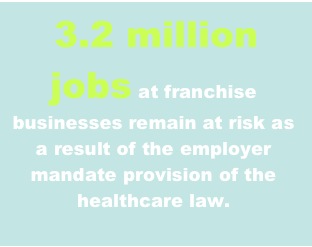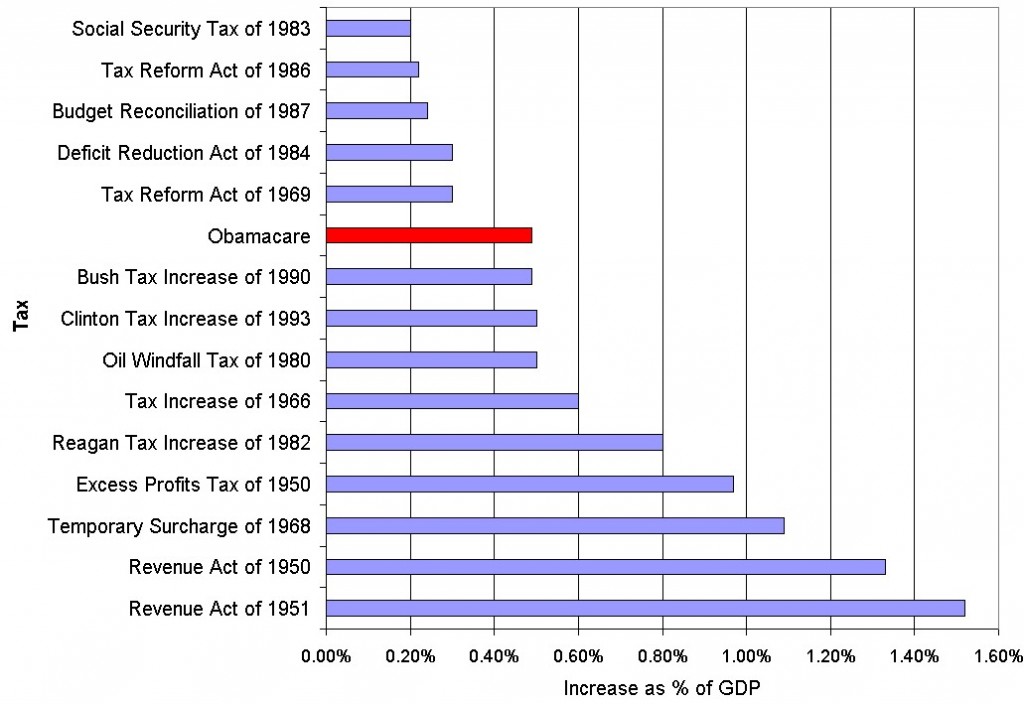 The world’s best, strongest, fastest, and most talented athletes are competing for personal glory on the world’s most public stage: the Olympic Games. Behind the fanfare, sponsorships, and medals lie years of hard work, sacrifice, and standing on the shoulders of your supporters.
The world’s best, strongest, fastest, and most talented athletes are competing for personal glory on the world’s most public stage: the Olympic Games. Behind the fanfare, sponsorships, and medals lie years of hard work, sacrifice, and standing on the shoulders of your supporters.
As a franchisee, your business is your Olympics. While you may not find yourself on a podium decorated with a bronze, silver, or gold medal at the end of each day, your customers, employees and franchisors are judging your performance.
The Importance of Passion
Take a page out of an Olympic athlete’s book: passion is paramount. How else could you dedicate 20 years of your life, as Michael Phelps has, to hours and hours of training? To not watching your favorite television show? To not ordering dessert? The only time that sacrifice doesn’t feel sacrificial is when what you stand to gain is greater than what you are forgoing. That, and when what you’re doing still feels like fun.
Olympic athletes are often quoted pre-and-post event on the importance of, “going out and having fun.” Without some semblance of fun, the hours in the gym, pool, or at your business, would be unbearable. That’s why when choosing a franchise concept it’s important to be truly interested in or passionate about the business you’re about to buy into. Franchise agreements are written in terms of years. Most are between 10 and 25 years. Can you imagine doing something you don’t really like for so long?
What It Means to Be a Part of Something Larger Than Yourself
There’s something to be said for being a part of something larger than yourself. Recognizing your place as part of the whole (as opposed to the whole) can be humbling and empowering.
As a business or franchise owner your importance is obvious. Without you there wouldn’t be jobs for your employees or services and products for your customers. Then again, if it weren’t you it would be somebody.
Embracing this reality and mentality can make you a better manager and franchisee. When you accept that your role, while important, exists only thanks to your franchisor, your customers and your employees, it’s easier to be more appreciative of how your business truly works.
Furthermore, realizing your place in something bigger serves as a reminder that you are responsible to and accountable for others—an important inspiration for staying true to your endeavors when you lose sight of your goals. Perhaps this is why Olympians become so overwhelmed with emotion; they see they represent more than just themselves.
The Importance of Support and Guidance
Regardless of what you may believe, we all stand on the shoulders of those who have come before us—and thank goodness for it! The experience and knowledge of others is invaluable whether you are an Olympic athlete or a franchisee.
Can you imagine going to the Olympics without the guidance or tutelage of a coach? Can you imagine becoming a business owner without support from your family or friends? As a franchisee, you not only have the support of your friends and family, you have the support of a network of franchisees and franchise support systems designed to make you and keep you successful! While your personal and financial preparation is your responsibility, you are not without resources or guidance.


